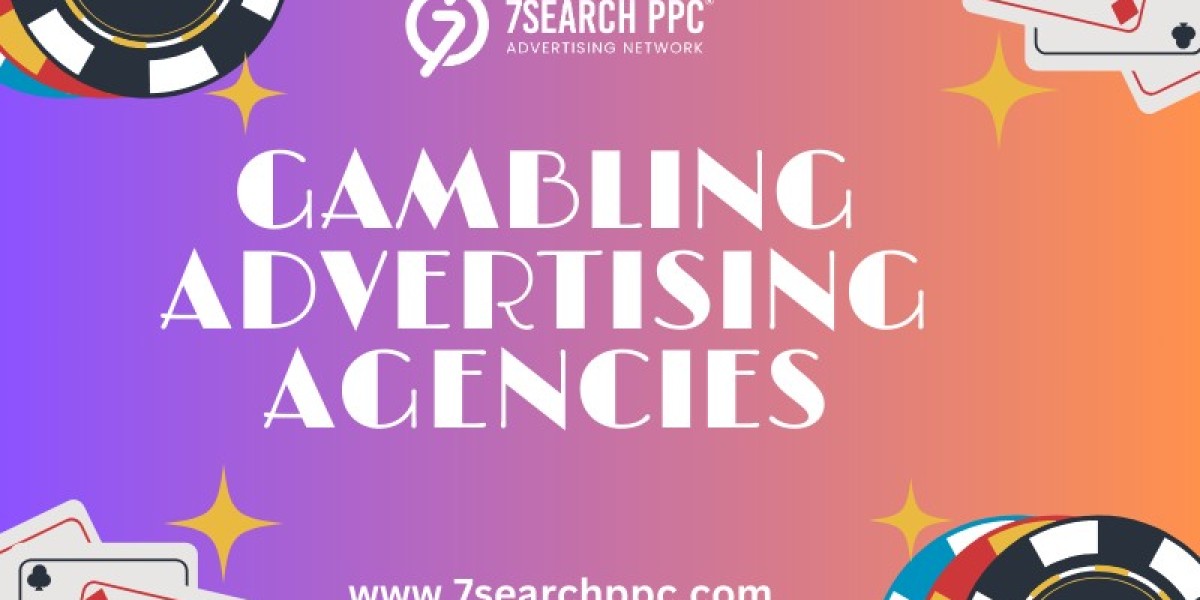Introduction
The rapid growth of online gambling has introduced a new set of challenges, particularly around the legal regulations for casino platforms. Casino operators must comply with strict laws and guidelines that vary from one jurisdiction to another to ensure that their operations are fair, secure, and transparent. These regulations are designed to protect players from fraud, ensure responsible gambling practices, and uphold the integrity of the gaming industry.
In this article, we will explore the various legal regulations that apply to Casino Platforms covering topics such as licensing, player protection, advertising rules
Licensing and Jurisdictional Regulations
Why Licensing Is Essential
Licensing is the cornerstone of any legitimate casino platform. Without a valid license from a recognized regulatory body, a casino is not authorized to operate. The primary purpose of licensing is to ensure that casino operators comply with the legal frameworks established in their operating regions. These frameworks often cover game fairness, player fund protection, anti-money laundering (AML) policies, and responsible gambling practices.
The licensing process is rigorous, requiring operators to meet stringent requirements, undergo regular audits, and demonstrate their commitment to maintaining a safe and transparent gambling environment. Failure to comply with licensing requirements can result in hefty fines, suspension, or even the revocation of the license.
Leading Regulatory Authorities
Several well-respected regulatory authorities oversee casino platforms across different regions. Some of the most recognized licensing bodies include:
UK Gambling Commission (UKGC): Regulates online gambling in the UK and ensures that platforms operate transparently and fairly.
Malta Gaming Authority (MGA): One of the most popular licensing bodies for European casino platforms, known for its comprehensive regulatory standards.
Curacao eGaming: One of the longest-standing gaming license issuers, offering more flexible regulations, though with less stringent oversight than UKGC or MGA.
Kahnawake Gaming Commission: Based in Canada, this body offers licensing to online casinos catering to Canadian players.
Multi-Jurisdictional Compliance
Casino platforms often serve players from multiple countries, each with its own set of legal frameworks. To operate across borders, many casino platforms obtain multiple licenses to ensure compliance with regional laws. For example, a casino might hold licenses from both the UKGC and the MGA to cater to players in the UK and Europe.
However, casino operators must also comply with the specific gambling regulations of each country they serve, such as limits on player deposits, withdrawal procedures, and advertising guidelines. Failure to adhere to local laws can lead to fines or the suspension of operations in that region.
Player Protection and Responsible Gambling
Measures to Safeguard Players
A key aspect of legal regulations for casino platforms is the protection of players. Reputable platforms are required to implement several protective measures to ensure that players gamble responsibly and that vulnerable individuals are protected from harm. These measures often include:
Self-Exclusion Programs: Players who feel they are developing a gambling problem can voluntarily exclude themselves from the platform for a set period or permanently.
Deposit and Wagering Limits: Operators are required to offer players the option to set daily, weekly, or monthly deposit limits to prevent excessive gambling.
Reality Checks: Some regulators require casinos to provide notifications to players about the amount of time they’ve spent gambling to encourage responsible play.
Gambling Helplines: Trusted platforms must provide access to gambling helplines and support services for players who may need help managing their gambling habits.
AML and KYC Compliance
In addition to responsible gambling measures, casinos must comply with Anti-Money Laundering (AML) and Know Your Customer (KYC) regulations. These requirements are put in place to prevent fraud and illegal activity, such as money laundering or underage gambling. Players must verify their identities by providing government-issued identification, proof of address, and other documents before they can withdraw funds.
The AML policies also require casinos to monitor transactions for suspicious activities and report any potential money-laundering activities to the relevant authorities. Non-compliance with AML regulations can lead to significant penalties for casino operators, including loss of their license.
Advertising and Marketing Regulations
Legal Framework for Betting Advertisements
Casino platforms must adhere to strict rules regarding Betting Advertisements to avoid promoting gambling irresponsibly. These laws vary by jurisdiction but generally focus on preventing misleading or overly aggressive advertising that might target vulnerable individuals, such as minors or those with gambling addictions. In many countries, casinos are prohibited from making unsubstantiated claims about guaranteed winnings or promoting gambling as a solution to financial problems.
Advertising must be clear, accurate, and transparent. Promotions, such as welcome bonuses, must clearly state any terms and conditions, such as wagering requirements or time limits, to ensure that players are fully informed before participating.
iGaming Advertising and Responsible Promotion
iGaming Advertising is a significant aspect of the online casino industry. As with betting advertisements, iGaming ads must comply with advertising standards that promote responsible gambling. These ads should not glamorize gambling or suggest that gambling can improve an individual’s social standing or financial situation. Additionally, ads must not be misleading or deceptive in any way.
The UK, for example, has some of the strictest regulations concerning gambling advertising. iGaming ads in the UK must not target children, use images or themes that appeal to underage individuals, or promote reckless gambling behaviors.
Payment Processing and Financial Regulations
Secure Payment Methods
Casino platforms must offer secure and regulated payment methods to ensure the safety of players’ financial transactions. Legal regulations require operators to use verified and reputable payment gateways for both deposits and withdrawals. These methods typically include credit cards, bank transfers, and e-wallets such as PayPal and Skrill.
In some jurisdictions, operators are required to hold player funds in separate accounts from their operational funds. This ensures that players can withdraw their funds even if the casino platform faces financial difficulties. The separation of funds protects players from losing their deposits and winnings if a casino operator becomes insolvent.
Gambling Native Ads and Ethical Marketing
Gambling Native Ads have gained popularity as a more subtle form of advertising. These ads blend into the content of the websites or platforms where they are displayed, making them less intrusive. However, even native ads must comply with advertising regulations. Casino platforms must ensure that native ads do not mislead viewers, and that they are clearly identified as promotional content.
Regulatory bodies such as the UK Advertising Standards Authority (ASA) and the European Advertising Standards Alliance (EASA) ensure that all forms of gambling advertising, including native ads, meet ethical marketing standards. Ethical advertising contributes to a platform's reputation and trustworthiness, while misleading ads can result in fines and reputational damage.
Payout Speed and Withdrawal Limits
Legal regulations often govern how quickly a casino platform must process payouts and whether there are any limits on withdrawals. Reputable platforms ensure that winnings are paid out in a timely manner, typically within 24-72 hours. Additionally, some jurisdictions impose restrictions on maximum payout limits, particularly for large jackpot winnings, to protect both the operator and the player.
Casinos are also required to verify the identity of players before processing withdrawals, ensuring compliance with KYC regulations and preventing money laundering.
The Role of Advertising Agencies in Casino Marketing
Best Online Advertising Practices
Casino platforms often collaborate with advertising agencies to reach their target audience effectively. The Best Online Advertising agencies specialize in creating compliant, targeted ad campaigns that adhere to regulatory standards. These agencies are well-versed in the legal frameworks that govern casino advertising and ensure that campaigns promote responsible gambling and comply with the relevant regulations.
The Role of PPC and Native Ads in Casino Marketing
Pay-Per-Click (PPC) and native ads are two of the most common forms of online advertising used by casinos. PPC ads are displayed in search engine results and charge the advertiser each time a user clicks on the ad. Native ads, on the other hand, are integrated into content and appear more naturally to the user.
To comply with regulations, advertising agencies must ensure that both PPC and native ads do not target underage individuals, promote misleading information, or encourage irresponsible gambling behaviors.
Conclusion
The legal regulations surrounding casino platforms are extensive and designed to protect players, ensure fair play, and uphold the integrity of the online gambling industry. From obtaining the appropriate licenses to complying with advertising standards, casino operators must navigate a complex regulatory landscape to maintain their legitimacy.
For players, choosing a casino platform that complies with these regulations is essential to ensuring a safe and secure gambling experience. By understanding the importance of licensing, player protection measures, Best Online Advertising rules, and secure payment methods, players can make informed decisions when selecting an online casino.
FAQs
What should I look for in a licensed casino platform?
Ans:Look for casinos licensed by reputable authorities such as the UK Gambling Commission or Malta Gaming Authority. These platforms adhere to strict regulations that ensure fair play and player protection.
How can I verify if a casino is licensed?
Ans:You can typically find licensing information at the bottom of the casino’s homepage. Cross-check the license with the regulatory authority's official website to verify its authenticity.
What are the rules for gambling advertisements?
Ans: Gambling ads must be clear, not misleading, and must not target underage individuals or promote irresponsible gambling behaviors. Jurisdictions like the UK have stringent rules regarding gambling advertisements.
What is the role of KYC in online casinos?
Ans:KYC (Know Your Customer) regulations require casinos to verify players’ identities before allowing withdrawals to prevent fraud and money laundering.
How do native ads differ from traditional gambling ads?
Ans:Native ads blend seamlessly into the content where they are displayed, making them less intrusive than traditional ads. However, they still need to comply with advertising regulations and be clearly marked as promotional content.









